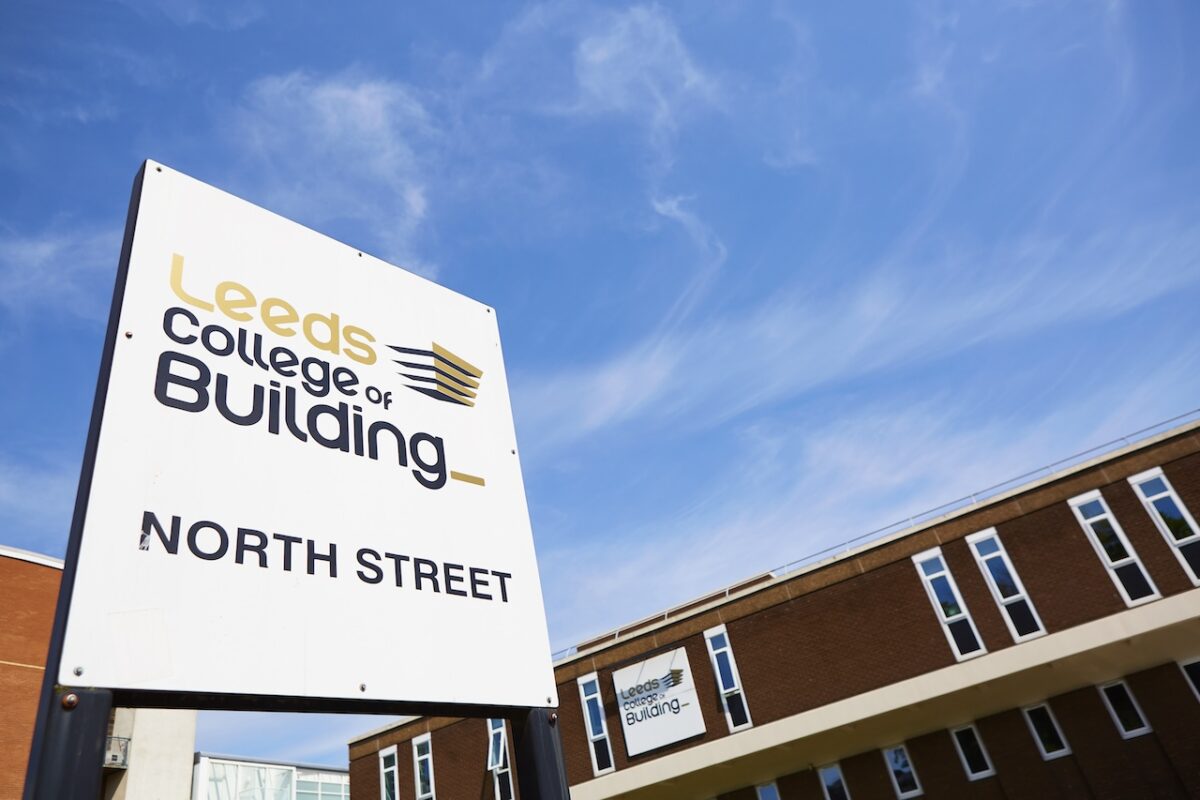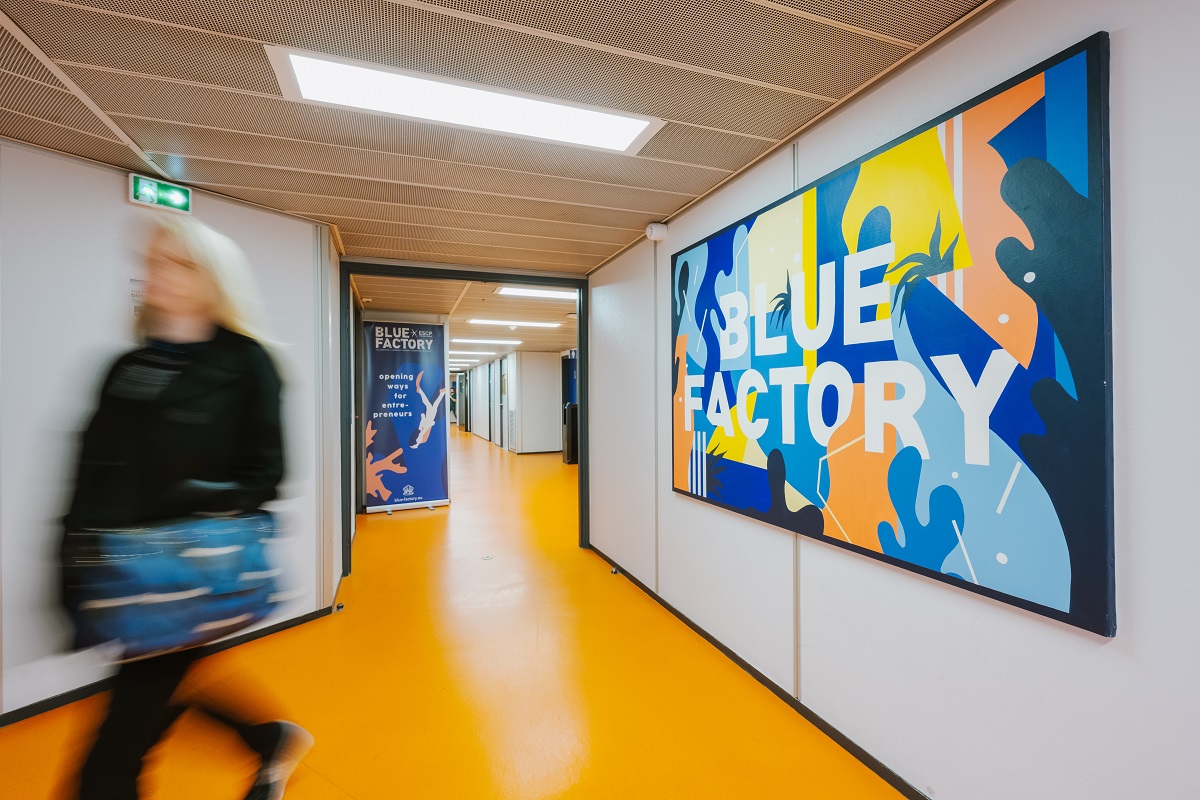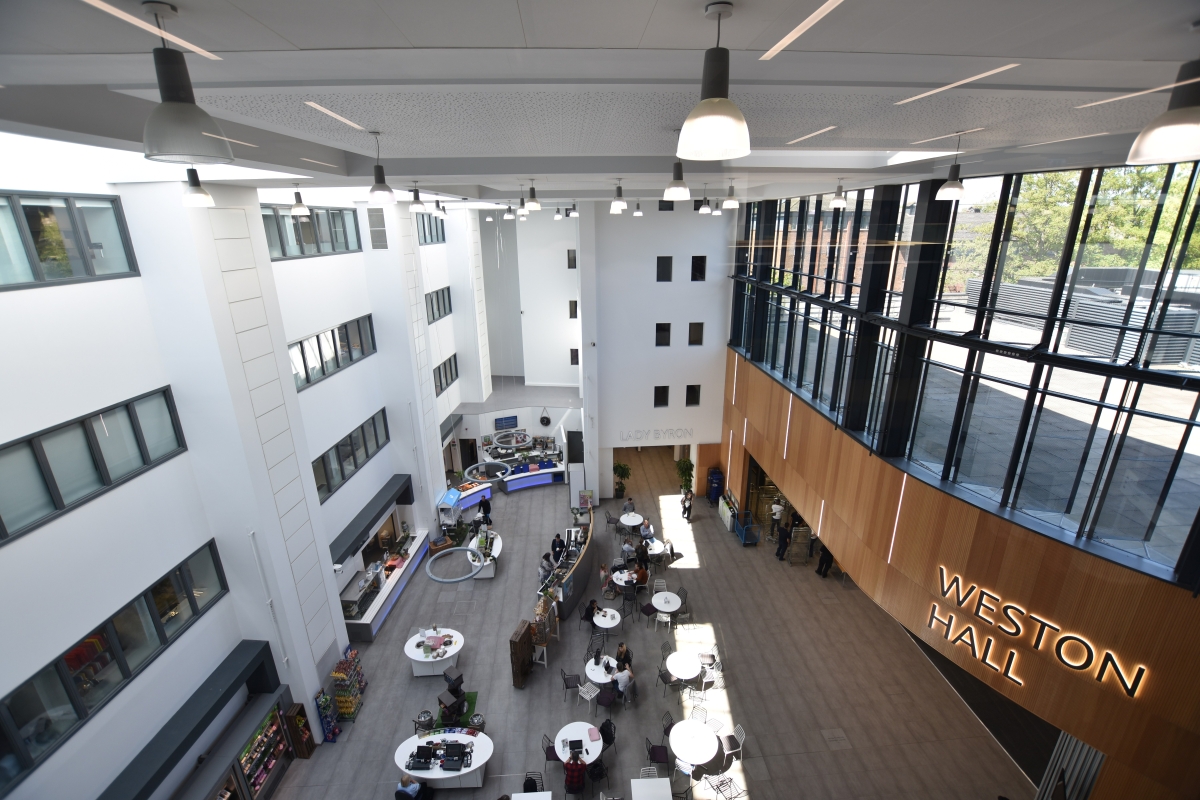Leeds College of Building Joins Low Carbon Heat Network

Leeds College of Building’s North Street Campus is set to benefit from the latest expansion of the Leeds PIPES district heating network.
The network uses heat recovered from non-recyclable domestic waste to provide warmth and hot water to buildings in the city. The project is helping businesses and residents to move away from costly fossil-fuel heating systems to more reliable, affordable, and lower carbon heating.
Expansion into the South Bank area of Holbeck and Hunslet comes after £24.5m funding was secured to further the Leeds PIPES district heating network. This multi-million-pound investment will be key in delivering Leeds City Council’s ambition of becoming a zero-carbon city by 2030.
Joining the heating network is Leeds College of Building’s latest commitment to sustainability and tackling climate change. Over 2,130 staff and students will benefit from the new heating system at the North Street Campus.
David Pullein, Leeds College of Building Vice Principal – Finance & Resources, said:
“We’re delighted to join the Leeds PIPES network. It was an easy decision to make, given the original gas boilers at our North Street Campus only operate at 75% efficiency. Switching over to the heat network brings several benefits, the most significant being a 3,800-tonne carbon saving over 20 years.
“This low-carbon energy source will significantly reduce our costs and help to bring the site in line with our modern South Bank Campus, which already uses air source heat pumps and biomass pellets.
“Moving to the district heating scheme is one of our largest environmental actions to date. It is a big step in supporting Leeds College of Building’s sustainability agenda and the city’s greener vision for the future.”
In total, up to 8,000 people will benefit from this latest Leeds PIPES district heating network expansion, making it the most significant single investment into the project since its inception. Last year, 5,945 tonnes of carbon were saved through the network, led by the Council in partnership with Vital Energi.
Councillor Mohammed Rafique, Leeds City Council’s executive member for climate, energy, environment and green space and Councillor Jessica Lennox, executive member for housing, said:
“We are both pleased that many more residents [and businesses] will soon be paying significantly less to heat their homes thanks to this latest expansion of the Leeds PIPES network.
“UK’s homes are some of the least efficient and most reliant on costly fossil fuel gas in Europe, and too many families in our city struggle to pay their energy bills. We are committed to helping households by making our homes greener and fit for the future.
“Leeds is working towards becoming the first net zero city in the UK, and connecting more homes to affordable low carbon heating like Leeds PIPES is a step in the right direction.”











Responses